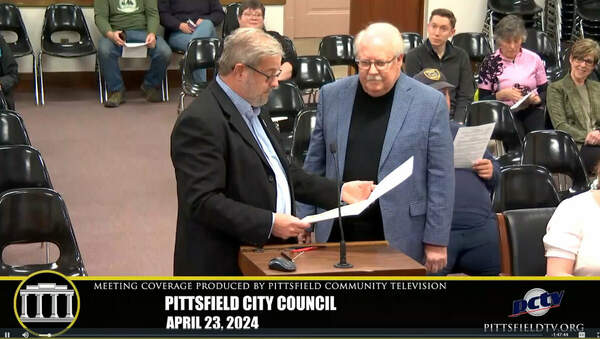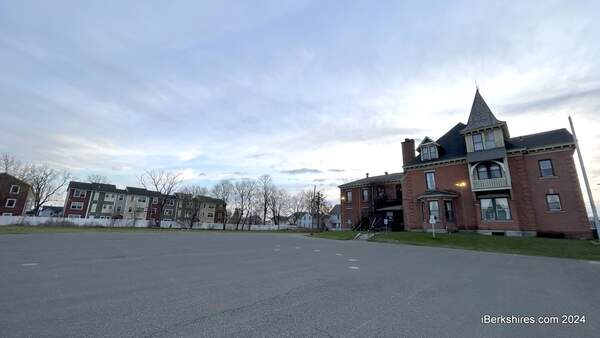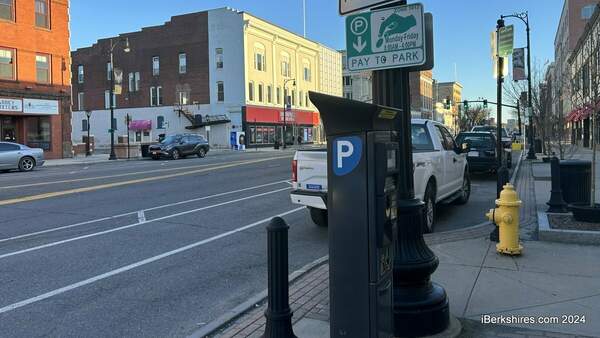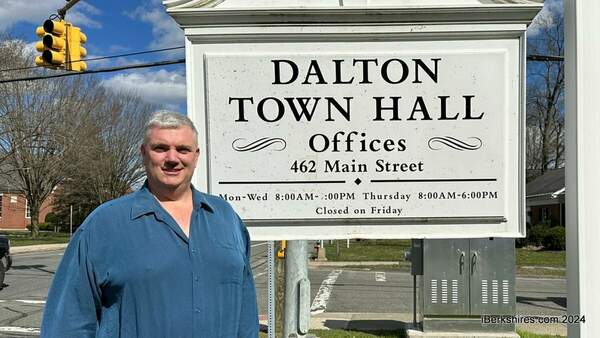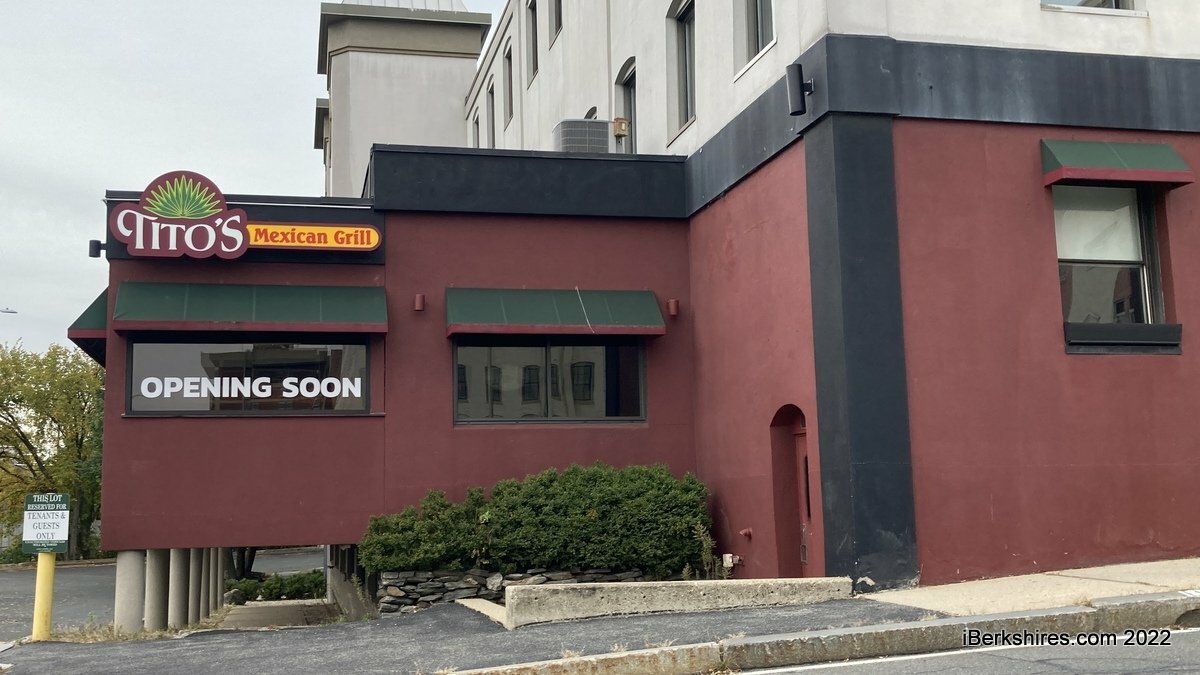
Pittsfield License Board Pull Tito's License, Delays Transfer
PITTSFIELD, Mass. — The Licensing Board on Monday rescinded Tito's Mexican Grill's liquor license after it was abandoned.
Next month, the board will entertain a motion to transfer an existing license to Tito's under new ownership.
"This isn't what we would like to do with these licenses," board member Kathy Amuso said. "But I feel like we're put in a position that we have no choice."
The restaurant closed its doors about five months ago and principal Felipe Perez has been unable to be reached by either the city or the new owner, who is also the owner of La Fogata on Tyler Street.
Its Facebook page was changed to "Tito's by La Fogata" and in late August, the new owners posted that they were excited to reopen and were working on setting a date.
Attorney Loretta Mach explained that her client Miguel Gomez has purchased the business and filed an affidavit in relation to the situation. He was unable to secure the transfer of the former liquor license and could not obtain a new license with an existing one in place.
She went through the steps that have been taken over the last several months to locate and make a deal with Perez, all of which were unsuccessful.
In early June, they were told that they would have complete cooperation in acquiring the liquor license from Perez.
"We reached out numerous times through email and other correspondence," Mach said. "Mostly email as we were never exactly sure of his current location."
She explained that they attempted to contact him six times in June and July for his signature.
"On July 26, I spoke with Mr. Perez's accountant, I should probably say former accountant since he hasn't really had any success in communicating with his former client either, Richard Lombardi," Mach added.
"Because there were tax clearances needed for the liquor license application and I was never given any of those tax clearances. Mr. Lombardi was unable to put me in touch with Mr. Perez."
The new owner then looked into purchasing another license and found a seller, Eleventh Pin Restaurant, which had operated in the former Ken's Bowl.
Mach added that Gomez spoke to the man he purchased the business from -- who was not Perez -- and was told that he will not be attending the hearing and has no interest in continuing the license.
"I think everybody knows on the board, the relevance that there's a license that it adheres to that location, whether or not it's being used is something that's an impediment to Mr. Gomez being able to operate at that location as long as that license is in effect," Chairman Thomas Campoli explained.
There was some question on whether the license was a special downtown liquor license, which would be returned to the city. Upon further inspection, it was found to be a regular liquor license and will not return to the city.
"We hate to see that happening," Campoli said about rescinding the license. "But in this specific instance, obviously it's going to make way for a licensee to come in and operate in that location."
A notice of the board's decision will go to Tito's location at 34 Depot St. and the licensee will have the right to appeal it. Because of this, the vote to transfer the new license was continued until next month.
Amuso thanked the attorney and her client for their due diligence in trying to preserve the original license.
"I appreciate all the hard work that everybody went through to try to get that license where it should be and not have to do this," she said.
Campoli echoed her sentiment, adding that it sounds like they tried to make the transfer work but there was no interest or ability from the former licensee.
He observed that from reading documents pertaining to the situation, there may have been "economic forces" that may have precluded the transfer.
"I suspected that there may not have been able to produce the tax clearances, yes," Mach replied. "But I don't have personal knowledge."
In other news, the board approved a wine and malt restaurant license transfer to the new owners of Imperial Bowl at 555 Dalton Ave.
The bowling alley has been in operation for 45 years.
Kari Mathes will be the primary owner and bar manager of the establishment. She explained that she has volunteer bar experience and "grew up in a bowling alley."
"The business is being sold real estate and the bowling assets and the applicant's intention is to maintain the facility as a bowling alley with a bunch of upgrades and improvements and things along the way that we think will make it more vibrant," the applicant's attorney explained.
The bar is proposed to be open from 11 a.m. every day and go until 10:30 p.m. Sunday through Thursday and midnight on Friday and Saturday.
Correction: this article incorrectly referred to Imperial as reopening. It has been corrected to note the bowling alley has been operating for 45 years. iBerkshires regrets the error.
Tags: license board, alcohol license,

